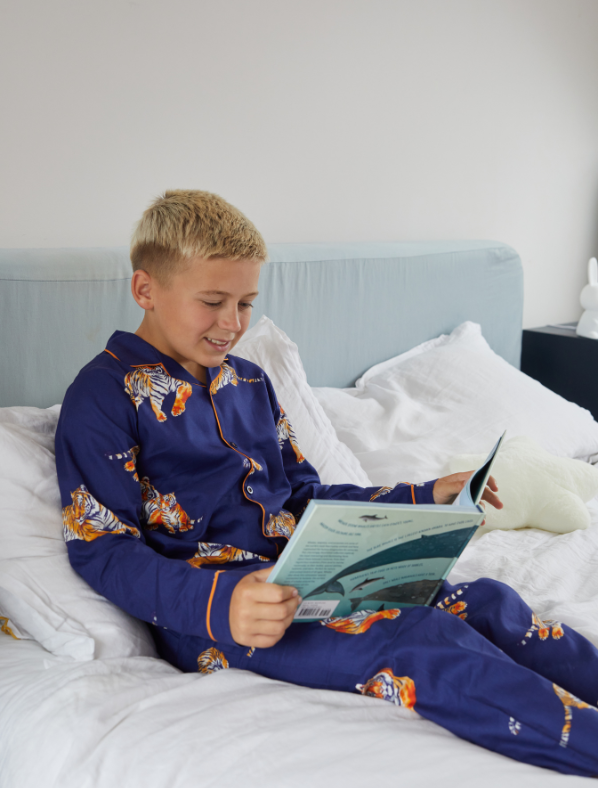If you’ve experienced menopause (or any change in hormones), it’s likely you know the impact hot flushes can have on your sleep. Triggered by the drop in oestrogen levels associated with menopause, which controls the part of our brain that helps regulate body temperature, the sudden temperature rise creates a hot flush which wakes you. This can also lead to feeling panicky, making it harder to get back to sleep.
Unsurprisingly, when the hot nights of summer also hit, it can become incredibly difficult to sleep. So, if you’re one of the 60% of women who reports their sleep getting worse during menopause, or are simply struggling to sleep in the heat, you’re probably looking for ways to improve your situation when it comes to bedtime.
The good news is, there are simple steps you can take to improve your sleep when the nights are warm.
1. Manage expectations. Remember, it’s normal to struggle with your sleep when it’s too hot and we are also designed to cope with sleep loss for short periods. So, don’t expect to sleep well when it’s hot, or when you’re dealing with hot flushes and remember, you can and will cope with a bad night here or there.
2. Go to bed later. Not only will this mean it’s cooler, but you will also build your appetite for sleep, meaning you’re likely to fall asleep faster.
3. Stay hydrated. Make sure you’re drinking plenty of water during the day. Dehydration makes you feel tired and lethargic, so when it’s hot, if you’re feeling groggy and tired, it may be dehydration that’s to blame, rather than poor sleep.
4. Take the heat off - Make sure you’re wearing cool and breathable fabrics to bed, helping minimise the ‘sweaty’ feeling when a flush arrives. Cyberjammies have some brilliant options, all made in modal fabric which is known for its ultra-comfortable, flexible, and breathable feel.
5. Can’t get to sleep? Get up. Staying in bed feeling hot and wound up will only lead to your mind connecting your bed to negative feelings. So, if you can’t sleep, instead leave the bedroom, and go downstairs to read or watch TV. This will help you to cool down, then you can return to bed when you feel sleepier.
6. Manage your worries. If you’re stressed about your lack of sleep, this will only add pressure to the scenario, making it even less likely to happen. So, write down all your worries and what the worst-case scenario is if you don’t sleep well. You can then look at how realistic this is and what’s most likely to happen. This should help give you a different perspective and take the pressure off sleep.




























